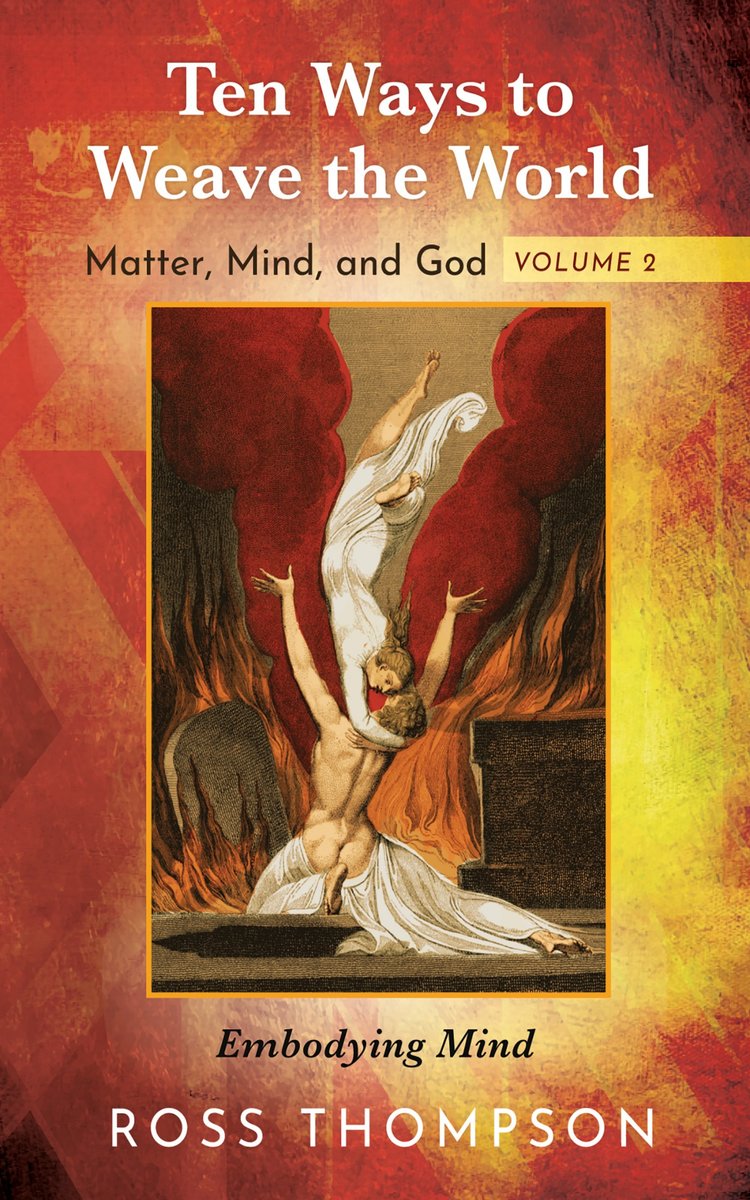In this sequel to Outgrowing Materialism, Thompson explores five conceptual "Worlds" that preceded the dualist v. materialist divide and shows why recent philosophy--often little-known outside of academic circles--is now giving these old ideas a new relevance. In an approachable way, but without avoiding complexity, Embodying Mind leads the reader through the Worlds of panpsychism, idealism, Aristotelianism, emergence, and information theory, holism, and process theology, examining the ideas of ethics and God, and the difficult questions, accompanying each.Thompson concludes that causal processes harmonize as in a cosmic counterpoint. The world and its beautiful contents form a seamless material whole. It is not as if Mind or God glints obscurely through ever-narrowing chinks in otherwise seamless nature. There are no chinks, but the whole is full of Mind. Overall, imperfectly, things are moving towards their sustaining good: God is becoming God, surpassing God.Embodying Mind can be read independently from Outgrowing Materialism, but together the two volumes of Ten Ways to Weave the Word mount a robust, wide-ranging case that nobody interested in the science v. religion debate, or wishing more widely for an integrated understanding of "Matter, Mind and God," can afford to ignore.


